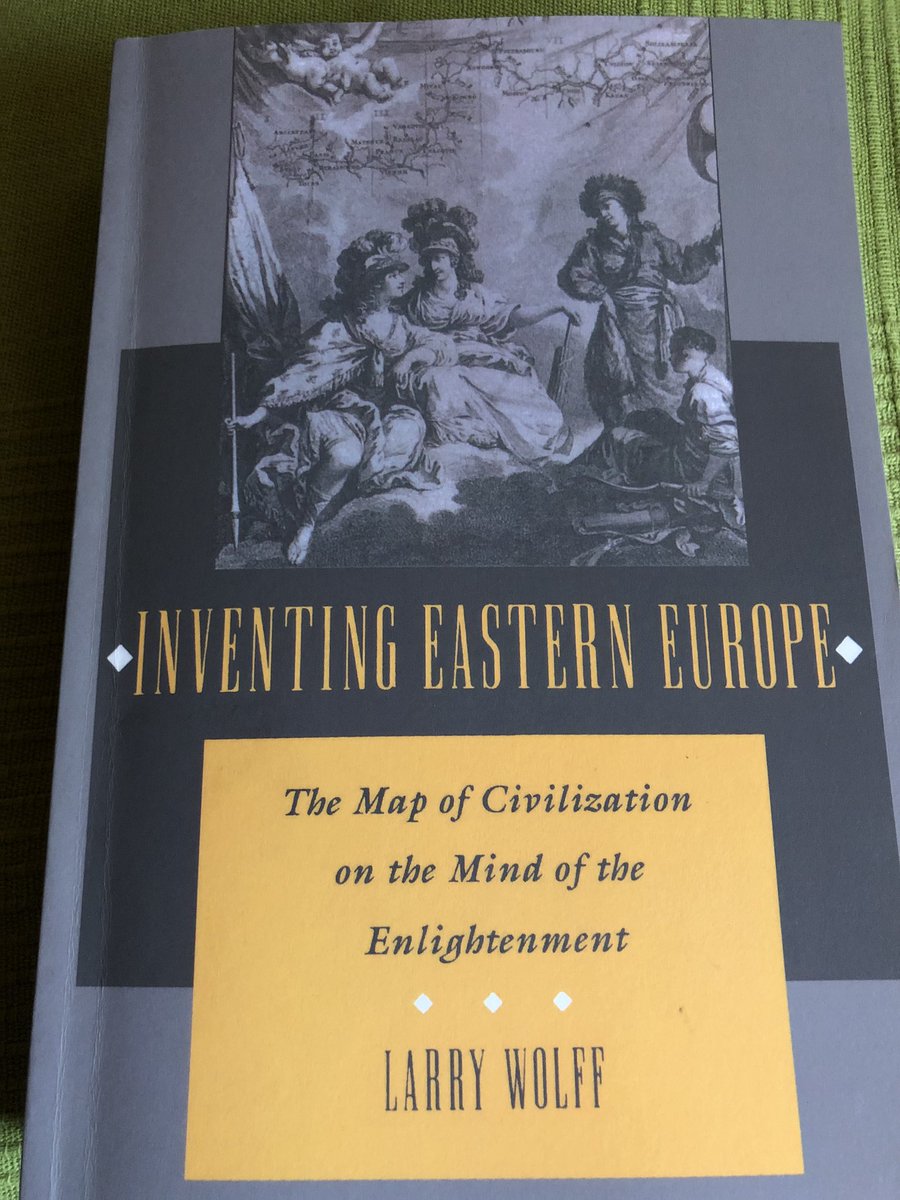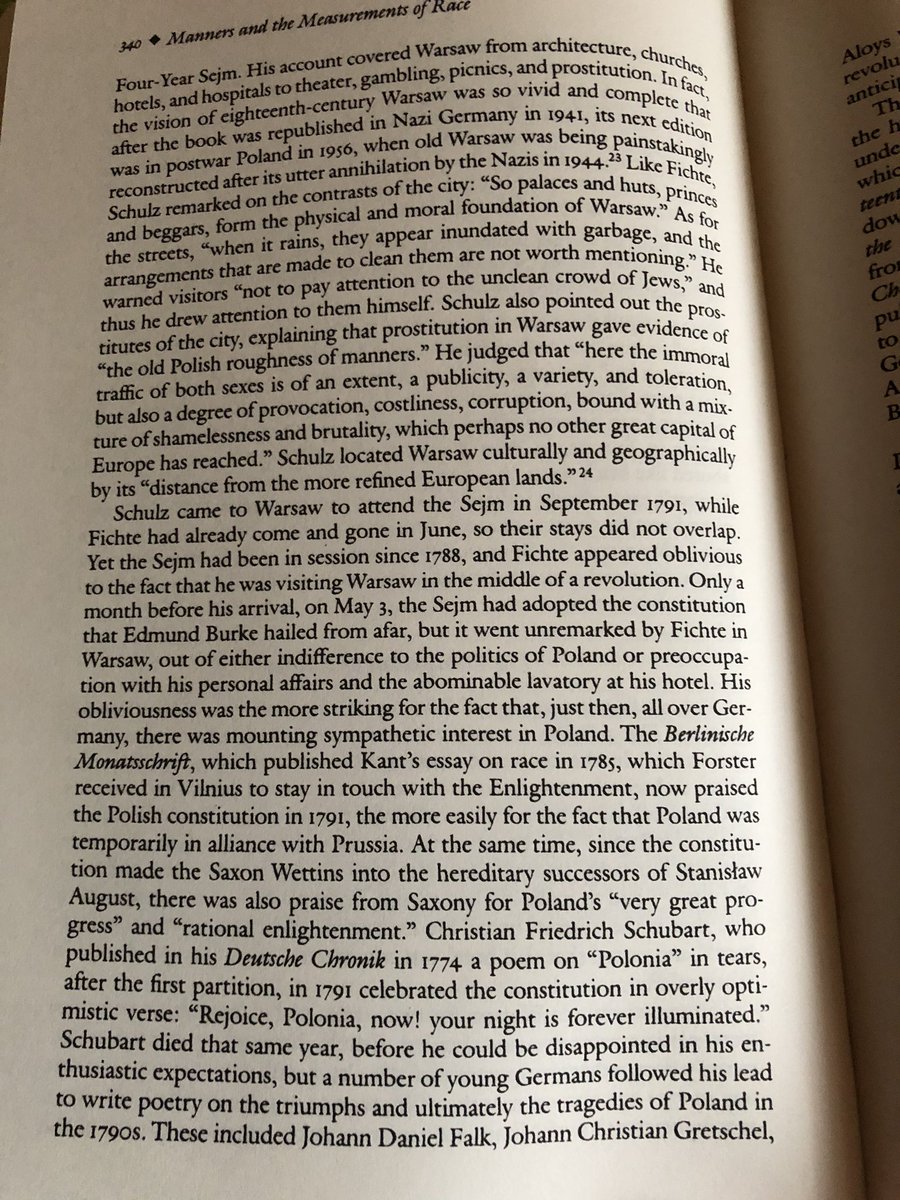I read and then listened carefully to Deutsche Welle’s interview with Heiko Maas, German FM. Mr Maas had given it during his visit to Warsaw. I found parts of it a little puzzling—although they might have been simple slips of the Minister’s tongue. #Thread https://www.dw.com/de/heiko-maas-deutschland-profitiert-davon-dass-es-europa-gut-geht/a-53852064
2) In fact, let’s hope they were. For if what the Minister said were carefully drafted policy concepts,  -
- relations could be in trouble. Either way, as Germany is preparing to the EU presidency, it makes sense to take a closer look at them and perhaps consider some changes.
relations could be in trouble. Either way, as Germany is preparing to the EU presidency, it makes sense to take a closer look at them and perhaps consider some changes.
 -
- relations could be in trouble. Either way, as Germany is preparing to the EU presidency, it makes sense to take a closer look at them and perhaps consider some changes.
relations could be in trouble. Either way, as Germany is preparing to the EU presidency, it makes sense to take a closer look at them and perhaps consider some changes.
3) Traditionally, the "Ostpolitik" was about the USSR, a hostile country, responsible for the division of Germany. Bonn was engaging Moscow with a hope that reducing East-West tensions would help preserve peace and, in the future, facilitate the reunification of Germany.
4) Bonn’s Ostpolitik treated the relations with the Soviet satellites in CE, incl. Poland, as a mere subset of its relations with the USSR. Moscow was the guarantor of Poland’s western border and that very fact was used as a justification for the Soviet domination over Poland.
5) Thus to a careful Polish ear, Mr. Maas’ inclusion of Poland and Central Europe as part of "new Ostpolitik" may sound as rather misplaced. Worse still, if it were intentional, it would—logically speaking—lead to estrangement in Polish-German relations.
6) Next, Mr. Maas went on to say: "The attitude of many countries in Central and Eastern Europe is different than in Western Europe, primarily in matters of security policy. The memory of the Soviet Union is still current in them, which is being overlapped with today's Russia."
7) Not a word about Russian aggression against Ukraine, Russian territorial annexations and occupation? Instead, a misleading (at best) assertion of Central Europe's (exaggerated? irrational?) attachment to the past. Come on!
8) I'm sorry, but it resembles a reference to the German Enlightenment myth about Central Europe (racist par excellence) as a land of fools, subhumans, children, whose German supermen (sometimes together with Russia) must enlighten and educate.
9) Larry Wolff wrote about this German enlightened myth of Eastern Europe, in his excellent book  it would be worth reading this book in German Auswertiges Amt to avoid clichés of German paternalistic state of mind.
it would be worth reading this book in German Auswertiges Amt to avoid clichés of German paternalistic state of mind.
 it would be worth reading this book in German Auswertiges Amt to avoid clichés of German paternalistic state of mind.
it would be worth reading this book in German Auswertiges Amt to avoid clichés of German paternalistic state of mind.
10) The final puzzling passage from Mr. Maas interview has to do with his description of Germany as “a bridge between East and West in Europe”. Semantics matter. Germany (and Europe) would be served better if it thought about herself as an ally, not a bridge, or an intermediary.
11) The Polish-German relationship deserves accurate and appropriate language to describe it. It is too important to be left to misunderstandings, linguistic and intellectual shortcuts, or cliches. Terms and concepts associated with the bygone era belong in history books. END.

 Read on Twitter
Read on Twitter





